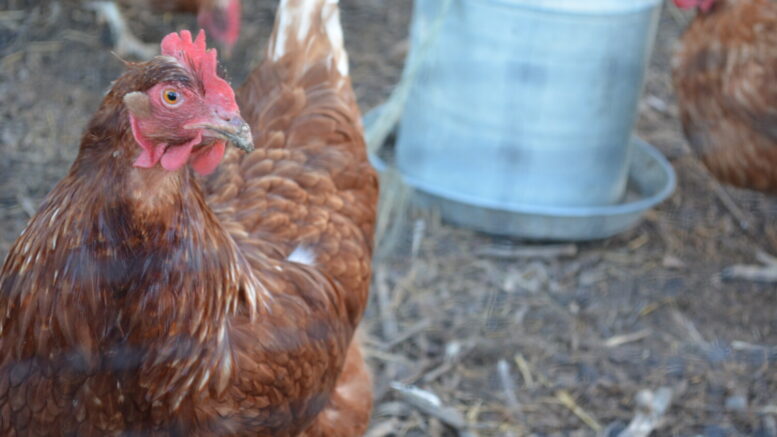Raising chickens in your backyard can be a fun experience. You can either keep them as pets or raise them to create a stable source of meat and eggs for your entire family. However, before embarking on your quest, there is a small list of things you should consider which could complicate things if not addressed early on. In this article, Matthew Davies Stockton will be covering the basics of raising chicken in your backyard.
The Considerations
- Check your Laws- Chicken keeping is associated with various laws that vary from one region to another. One municipality may allow roosters while the other doesn’t. Contact the authorities to check for rules that apply for chicken-keeping to prevent any further brushes with the law further down the line.
- You can do without a rooster- Hens can lay eggs without the assistance of the rooster. As a result, the effects won’t be fertile, and you won’t get any new additions to the family. Some regions don’t allow rooster anyway, so you’re better off not having them in the first place. However, one or two might slip in when you place the final order. You can choose to send it for meat processing or find a new home for the bird.
- Choose your Breed- Chickens vary in all forms of shapes and sizes based on their purpose. While some are used for breeding, others specialize in laying eggs. While choosing your flock, not only do you have to consider the surrounding climate but also check for their physical and behavioral characteristics. Backyard chickens are mostly used for eggs or kept as pets. Here are a few breeds that fit the profile- Plymouth Rocks, Rhode Island Reds, New Hampshire Reds, Australorps, Leghorns, and Ameraucanas.
- Coop maintenance- Coop maintenance is the most crucial aspect of chicken keeping. You should strongly consider waste management before deciding on chickens. Popular practices dictate that you can either use a coop filter to collect the waste, bag them, and dispose of them with the trash.
An eco-friendlier approach is the compost pit. It involves more effort but can be beneficial if you have a backyard garden or a small farm. In it, you create a compost pit to collect the waste and use it to fertilize the soil.
- Choosing the right diet- Choosing the right food determines your chicken’s overall health and growth. Maintaining proper nutrition is difficult because it varies among species. Generally speaking, if you want your chickens to proliferate, you’ll have to provide a generous supply of protein.
When they are just chicks, the creatures are fed a special starter feed to meet dietary requirements once they start growing and enter the eight-week mark, the diet shifts to grower feed. Once they are 20 weeks old and start to lay eggs, their diet shifts to layered feed. In addition to the staple food, you can also feed them chickweed, spinach, fresh vegetables, and fruits.
Conclusion
This is all good on paper, but you need some hands-on experience before you can run your background poultry efficiently. Hopefully, these tips provided by Matthew Davies Stockton will help you get started with the chore. Good luck!
